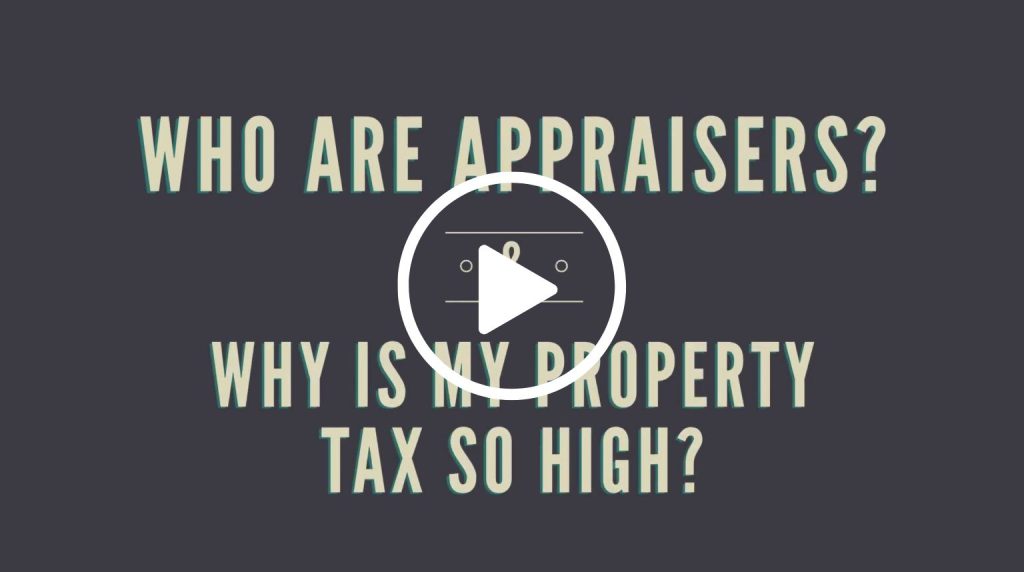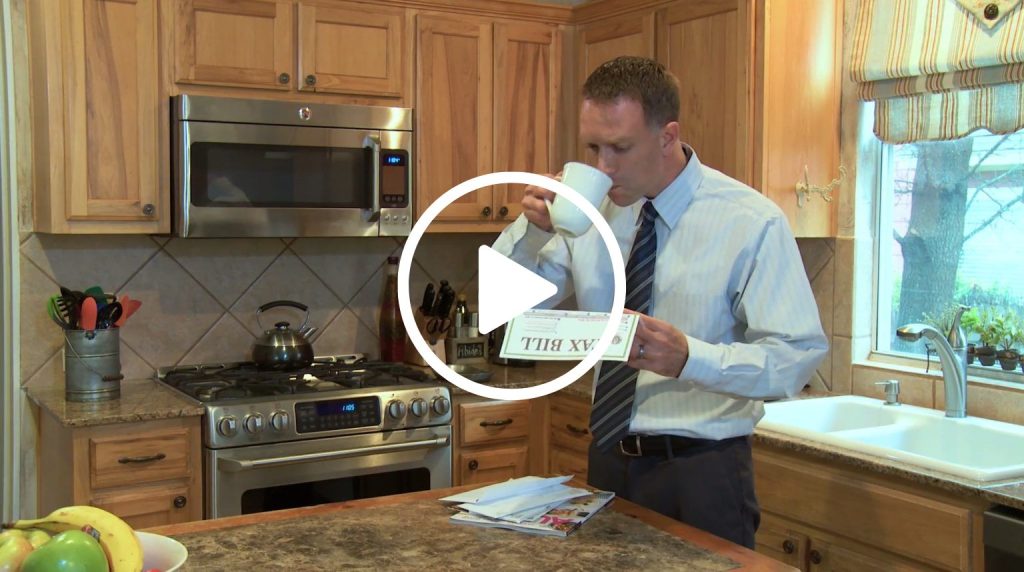The Tax Appraisal District of Bell County has outside information (ie. County Clerk Office, etc….)
True. The Tax Appraisal District of Bell County has some outside information, but it is limited and received through several different sources. One source is the County Clerk for deeds and other publicly accessible resources. Surveys and renditions are received from property owners and income data from commercial industries, all of which are considered confidential and not available to the public. Industry publications and internet resources are also reviewed. Lastly, data is provided from property and business owners at the time of protest for analysis.
The Tax Appraisal District of Bell County has access to ALL Sales information
False. The Tax Appraisal District of Bell County does not have access to all sales information due to Texas being a non-sales disclosure State. This means that real estate sales transactions are not given to the Appraisal District. Each Appraisal District must research all available data in the marketplace by contacting realtors, brokers, property sellers, and buyers to obtain sales information. Through this process the district receives some of the sales, but not all. Any and all sales evidence you can provide to the district will ensure proper valuation of your property.
Sales and Comparables can be placed on The Tax Appraisal District of Bell County’s website
False. HB2188, Section 552.148, of the Texas Government Code prohibits Appraisal Districts from releasing sales information except for protest purposes to the property owner or his / her designated appointed agent, and only to be released as appeal evidence for the protested property.
Property Value determines Taxes
False. Market value is a component of the property tax calculation (Market value – Exemptions x Tax rate / 100 = property taxes due) and is directly related to the price a willing buyer would pay for the property. The primary component of the calculation is the tax rate which is calculated by the taxing units to fund their operations. The tax rate fluctuates based on needs of the taxing unit, while the market value is strictly a reflection of what the property would sell for in an arms-length transaction or as if buyer and the seller had no significant, prior relationship and neither party has an incentive to act against his/her own interest (i.e., the seller seeks to make the price as high as he/she can, and likewise the buyer seeks to make it as low as he/she can).
The Tax Appraisal District of Bell County raises values as a result of the request from the Taxing Entities
False. Per the Property Tax Code 23.01 (a)(b), The Chief Appraiser must value property as of January 1st at its market value using mass appraisal standards that comply with the Uniform Standards of Professional Appraisal Practice (USPAP). Additionally, the Comptroller’s Office bi-annually produces a Property Value Study (PVS) to review the District’s appraisal techniques and values throughout the District.
The Tax Appraisal District of Bell County Collects Taxes
True. The Tax Appraisal District of Bell County is a consolidated tax office and does collect
taxes, however we DO NOT set the Tax Rates. Tax Rates are set by the individual Taxing Entities.
Property Owners can Protest their Taxes
False. Taxes cannot be protested, however a property’s appraised value may be protested which, if reduced, may lower the property’s taxes. The appraised value is only a component of the property tax calculation. Another determining factor of the taxes is the associated tax rate. A property owner may attend tax rate hearings at the local taxing unit to discuss tax rates.
Taxes are not due if a Property Owner disagrees with the Property Value
False. If a property has a late protest and the case is pending, this does not affect the delinquency date for the taxes on the property. The lesser of the amount of taxes due on the portion of the taxable value not in dispute or the amount of taxes due on the property before the delinquency date must be paid. If payment is not made before the delinquency date the property owner forfeits the right to proceed to a final determination of the appeal.
Frozen tax amounts always transfer
False. It is not the tax amounts that transfer but the percentage of frozen taxes versus actual taxes. Only the school district freezes transfer throughout the state of Texas. Other freezes, such as the County and Road, will only transfer within those same jurisdictions.
The Tax Appraisal District of Bell County must accept a rendered Good Faith Estimate
False. The Texas Property Tax Code sections 1.04 & 23.12 require the appraisal district to appraise property at its market value on January 1st each year.
Values can be changed at any time
False. The property owner must file a timely protest by the protest deadline. Once the property values are certified to the taxing units, the ways that a change can be made to the appraisal roll become very limited. The appraisal roll is typically certified to the taxing units by July 25th.
A Protest can be filed at any time
False. The usual deadline for protest filing is on or before May 15th or 30 days after a notice of
appraised value was mailed, whichever is later. Late protests are allowed, if good cause can be
provided for missing the usual deadline. Good cause is a reason beyond someone’s control, such as a medical emergency. The Appraisal Review Board (ARB) determines whether a property owner has good cause. Late protests are due the day before the appraisal review board approves the records for the year. Additionally, deadlines are postponed to the next business day if it falls on a weekend or holiday.
*Special Deadlines:
If the appraisal district sends notice of the removal of agricultural appraisal due to the change in use of land, the protest deadline is before the 30th day after the notice of determination was mailed to the property owner. If the ARB sends notice to a property owner of a change that increases his / her tax liability and the change did not result from a protest that was filed, the deadline is before the 30th day after the notice of the determination was mailed.
If a property owner believes the appraisal district or the ARB should have mailed a notice and did not, he / she may file a protest until the day before taxes become delinquent (usually February 1st) or no later than the 125th day after the date the owner claims he / she received a tax bill from one or more of the taxing units that tax the property.
The ARB will decide whether it will hear a protest based on evidence regarding whether a required notice was mailed to a property owner.
If a property had a homestead cap adjustment last year, it should have one this year
False. The homestead cap adjustment is calculated on a year to year basis. If a property had a
homestead cap adjustment last year it was due to the assessed value being higher than 10% of the previous year’s assessed value. If, in the current year, the property reflects no cap adjustment then the current value is not higher than 10% of last year’s value. If the current year cap adjustment is lower than last year’s cap adjustment, the assessed value is starting to catch up to the market value.
The Tax Appraisal District of Bell County can change Ownership without legal documents.
False. The Tax Appraisal District of Bell County must have a legal document to change ownership (e.g., deeds, probated wills & testaments, etc.).
Property can always be combined
False. Properties may be eligible to combine if they meet the following criteria:
1. are contiguous
2. are financed under the same note or are paid off
3. are not required to be in the same Abstract/Survey
4. have the same owner
5. cannot have delinquent taxes on any of the properties being combined
The Tax Appraisal District of Bell County provides legal advice
False. The Tax Appraisal District of Bell County does not provide legal advice
Agriculture is an exemption
False. Agriculture is not an exemption; it is a special valuation based on the land’s agricultural
productivity. The appraisal district is not exempting any value; it is placing a use type value on the property. There is always a market value associated with every property and in the case of
properties receiving an agricultural valuation there is a use type value which will apply to qualifying land acreage (e.g., dry crop, improved pasture, etc.).
Agricultural valuation may be allowed on any size property no matter how small
False. It is possible to receive agricultural valuation on a property of any size, if it is used in
conjunction with a larger contiguous property. However, if the property in question is a stand-alone property, it should meet typical acreage minimums generally accepted in the area.


